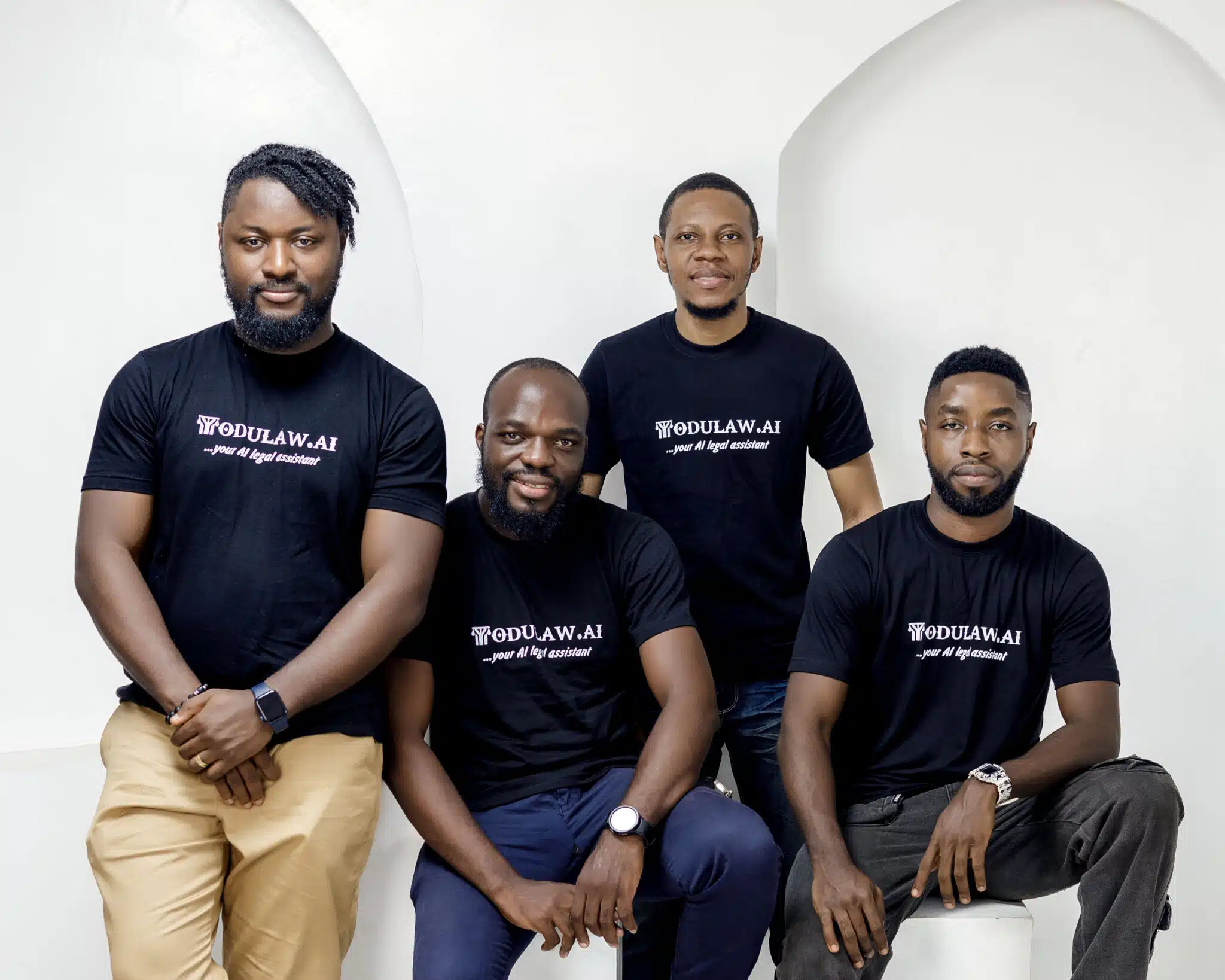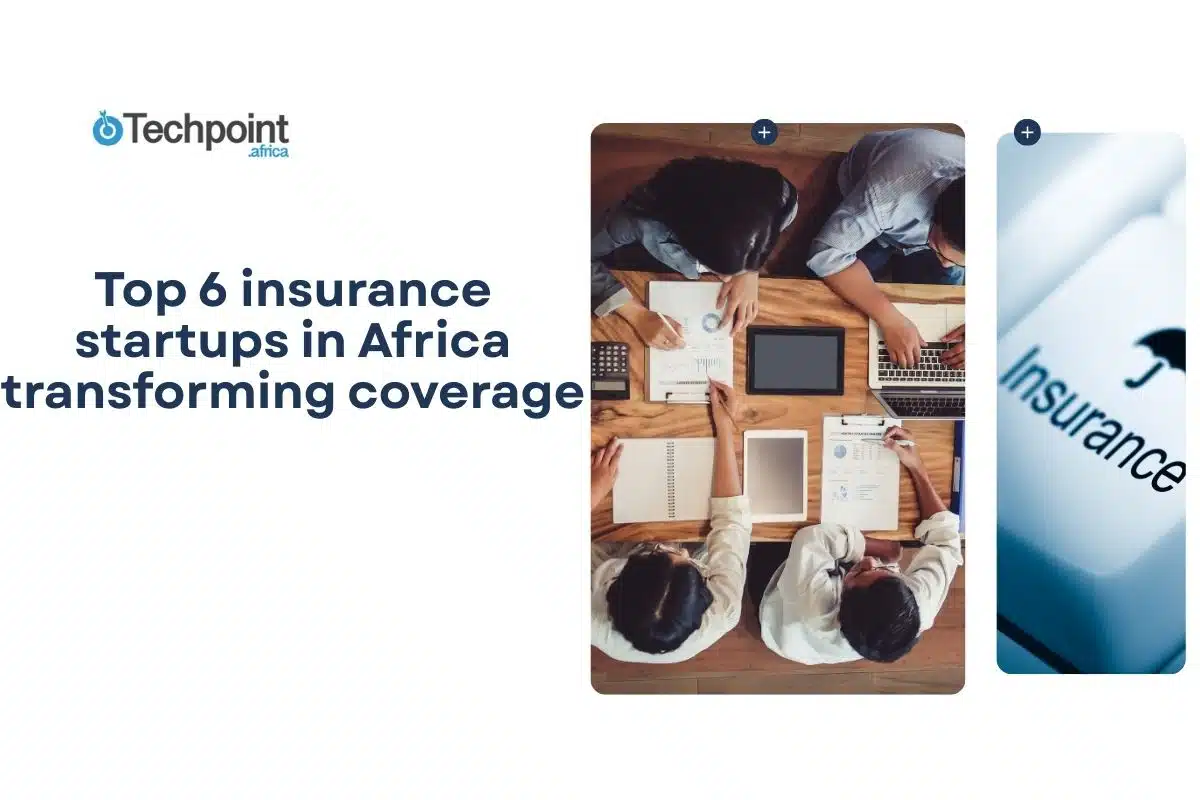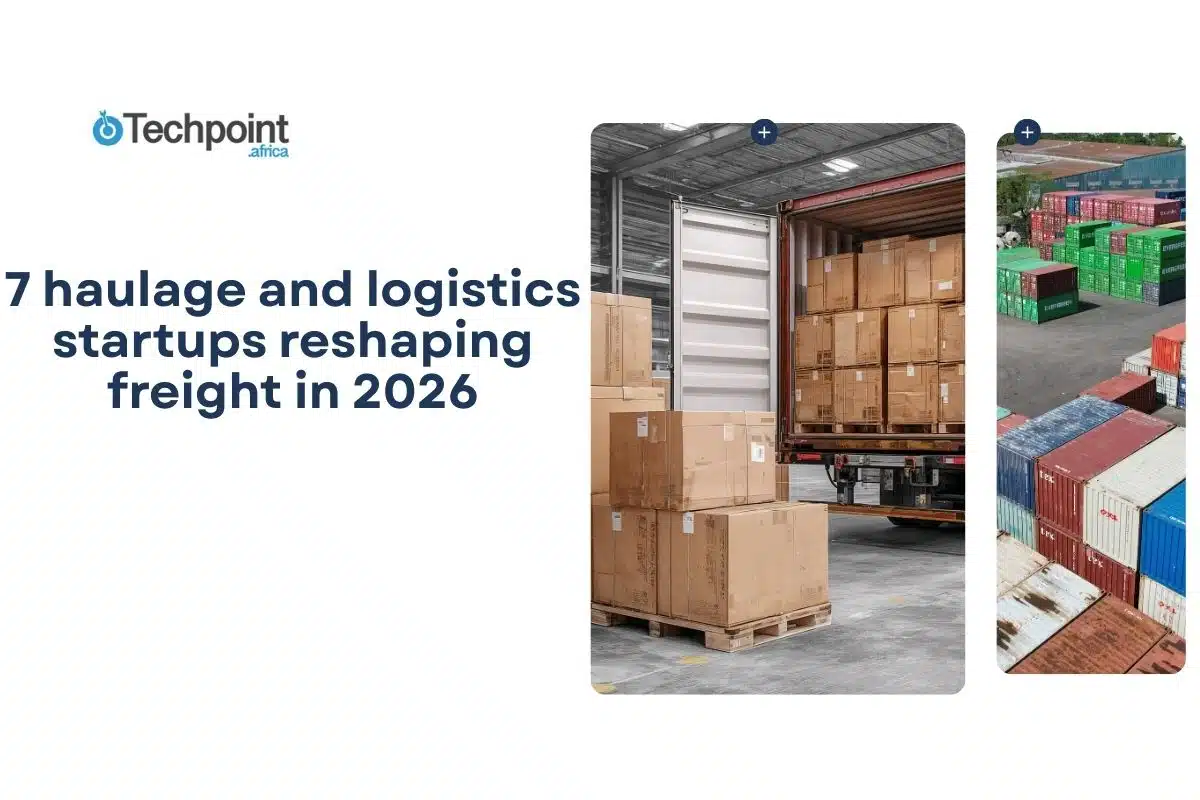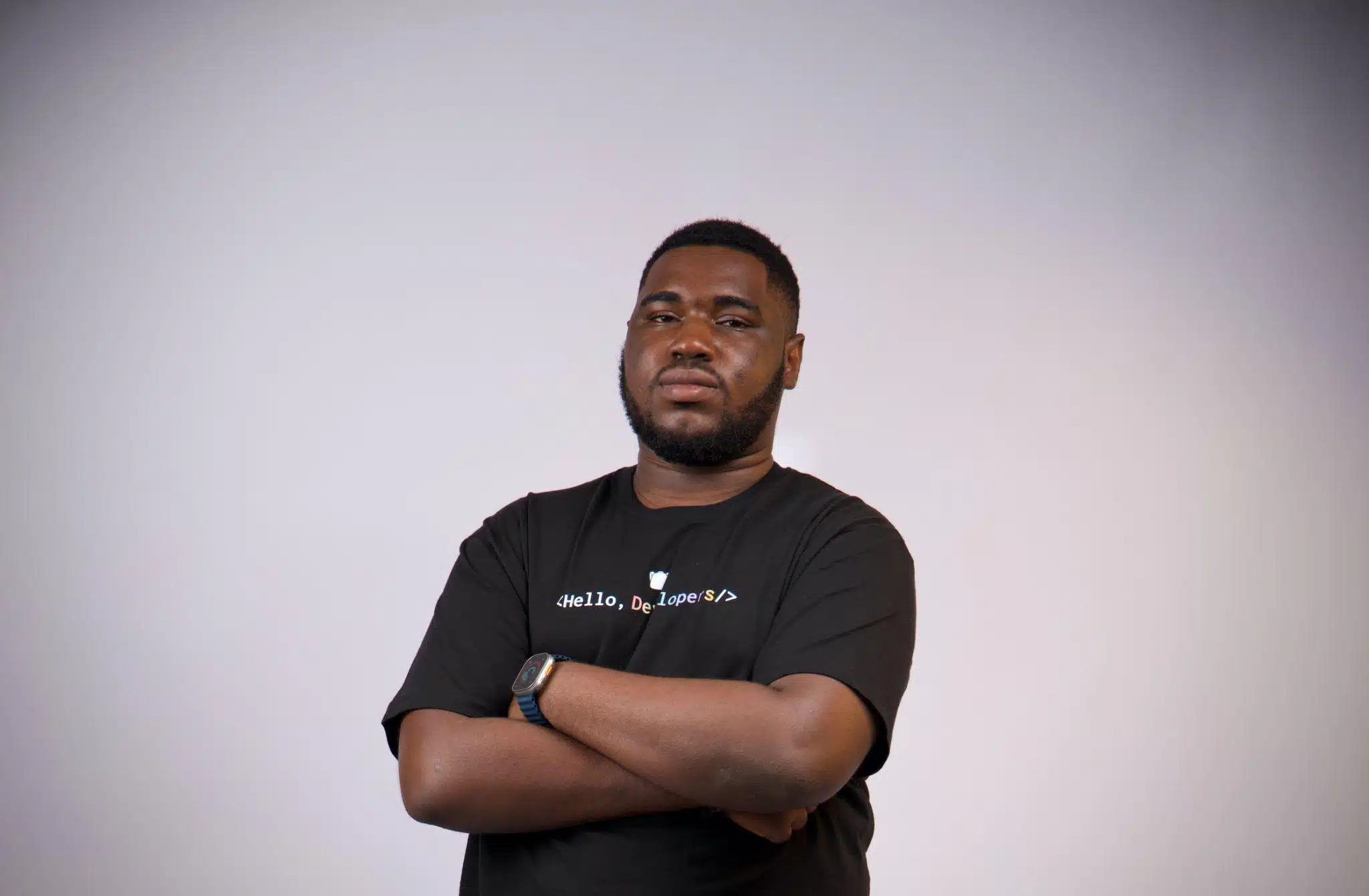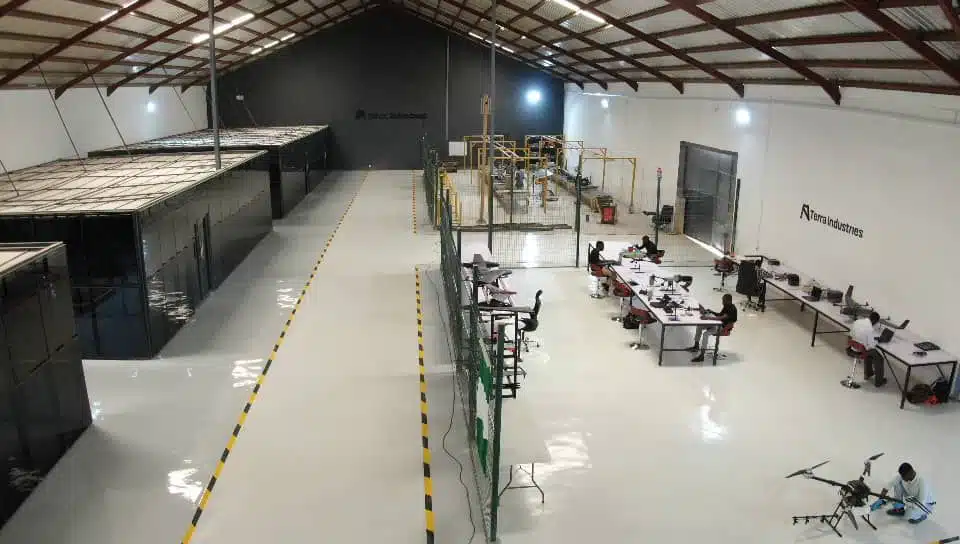There are 40 million members of the African diaspora. While that’s a small number compared to the over 1.5 billion Africans living in Africa, they’re a major economic bloc sending more in remittances than the continent receives in foreign aid and foreign direct investment.
Consequently, there have been calls by financiers to identify ways through which this economic value can be harnessed for the continent. A few African governments have made some progress by issuing diaspora bonds, but there’s still a sense that more could be gotten from the diaspora.
It’s a familiar feeling for Borderless Founder Joe Kinvi, a former Stripe and Paystack employee. With Borderless, Kinvi is building what he describes as the rails that will enable diaspora collectives to invest on the continent.
Stumbling on a solution
A Togolese national who has spent over a decade living outside the continent, Kinvi has been investing in businesses in Africa for some time. However, just before the COVID-19 pandemic, he began doing so alongside a small group, many of whom are members of the African diaspora, like himself.
That collective has since grown into HoaQ, an investment vehicle that has deployed more than $3 million into African startups, including Chowdeck, LemFi, and Risevest. However, the goal was never to build a formal investment vehicle. Instead, it was interest, which Kinvi says they never courted, that forced formalisation and ultimately led him to start building Borderless.
A small group of friends can get by investing through informal structures, but when more people join, putting in formal processes for receiving investments and staying accountable becomes crucial.
But when you’re an African national living outside the continent, that process can become a bit tricky. Banks develop cold feet when you try to open accounts, struggle with verification, or throw up lots of regulatory requirements. Most of it comes from an attempt to stay compliant, but it complicates the process of investing for these individuals, a problem that Kinvi witnessed firsthand at HoaQ.
“We spent six months on this [getting a bank account], and the company that ended up giving us an account was Wise, but that process wasn’t very easy because every three months, we were having to provide nearly the same documents to show where the money was coming from and essentially having to attest that this money is legit.”
Having members across the world also created complexities when managing currencies. Over the years, through trial and error, the HoaQ team figured out a way to solve most of these challenges for themselves, but that got Kinvi thinking about opening up the systems it had developed in-house to other diaspora collectives globally, and so Borderless was born.

Victoria Fakiya – Senior Writer
Techpoint Digest
Make your startup impossible to overlook
Discover the proven system to pitch your startup to the media, and finally get noticed.
How Borderless works
When discussing complex ideas, relatable comparisons can help. So, I ask Kinvi whether it would be fair to describe Borderless as the love child of AngelList and Circle.
He smiles but quickly pushes back on the analogy, emphasising that no one has truly built a platform designed specifically for investment collectives focused on Africa.
“I want to get to a stage where we’re not comparing Borderless to other platforms; it’s just Borderless because what we’re building is very tailored to the audience we’re serving,” he notes.
So what’s special about Borderless?
The difference is the focus on diaspora investment collectives. Sharing some screens from the not-yet-public application, he explains how it works.
In its current iteration, Borderless provides a way for collectives to coordinate investment activity. When users get on the platform, they can either go straight to a collective if they have prior knowledge about one or search for collectives that align with their investment goals. Collectives choose whether they will be open to the public or restricted.
Tapping on a collective’s profile will display the asset classes it invests in, its previous investments, and current opportunities. In the future, it will also have communication features for members of a collective, a nod to the Circle reference. After a user indicates interest in an asset class, they are prompted to complete the KYC process, which unlocks an account number for payment.
Currently, Borderless is not receiving money on the platform but ensures that all investments listed on the platform are vetted, as it is regulated by the UK’s Financial Conduct Authority. However, it is applying for a license in the United Kingdom that will help it issue bank accounts to collectives. Users can also be part of multiple collectives and see how many investments/assets they’ve made.
Borderless will make money primarily from transaction fees but also from FX margins, processing membership fees, and SaaS fees for collectives. However, it will waive SaaS fees for collectives making significant investments.
Increasing diaspora investments in Africa
Much of the remittance sent by the African diaspora is spent on healthcare, education, and Black tax, and official reports on usage are tricky to get due to the remittance process.
However, a 2015 study on how remittances were used by Nigerian households showed that at least 6% of remittances were used for small businesses and investments.
Kinvi believes the numbers are significantly higher, noting that formal remittance channels often fail to provide insight into the purpose of each transfer, and argues that as much as $50 billion could flow directly into economic activities annually.
With many of these investments taking place through informal channels, Borderless offers an opportunity to bring transparency to a process that has scarred many Africans.
Despite kicking off with startup investments, he notes that such investments are risky, and Borderless’ long-term goal is to aggregate other asset classes that collectives can invest in. It has already experimented with real estate, with a new collective formed in 2024 already investing in properties in Kenya.
“I’m actually confident we can solve the funding gap in Africa, and there are so many things we can do from a structural perspective to allow that [to] happen, but right now, we’re essentially helping people discover these opportunities and connect them.”
While Borderless presents a significant value proposition, the startup will face significant challenges, including building trust and competing with investment platforms globally.
Diaspora investors have often been burnt by opaque or poorly managed ventures. Convincing them to use a new platform will require airtight compliance, transparent reporting, and a strong regulatory posture, something Borderless’ Financial Conduct Authority (FCA) registration could help with.
A second hurdle is competition from global wealth tech platforms like AngelList and Republic or local alternatives such as Risevest and Ndovu. While some of these platforms rarely focus on Africa, the access to more stable markets they offer are compelling values for investors.
A third challenge is the illiquidity of African assets, often caused by the absence of an enabling environment. Investors may be wary of locking up funds in markets that lack a mature exit infrastructure. Borderless is already thinking ahead here, with plans to enable exits through a secondary marketplace on the platform.
To thrive, Borderless must continue to deepen its product, build partnerships in key diaspora markets, and educate its user base. If executed well, it could become the default infrastructure for diaspora capital seeking impact and return across Africa.
Looking to the future
The startup has seen some early traction. It’s approaching the $1 million mark with over $600,000 invested in startups and $200,000 invested in real estate assets. It has also raised $500,000 in pre-seed funding from investors such as Paystack’s Ezra Olubi and Voltron Capital’s Olumide Soyombo.
In the long term, Borderless aims to build a platform that enables collectives to conduct anti-money laundering and know-your-customer checks while facilitating the collection and disbursement of funds. But it will go beyond that to create a market for exits on the platform. The primary assets will remain startups and real estate, Kinvi says, but it’s looking into diaspora bonds and entertainment.
Ultimately, success for the startup lies in enabling more investments for the African diaspora.
“Because Borderless exists, a lot of syndicates and collectives will start, and they can easily invest wherever they are into a bunch of asset classes across Africa.”




